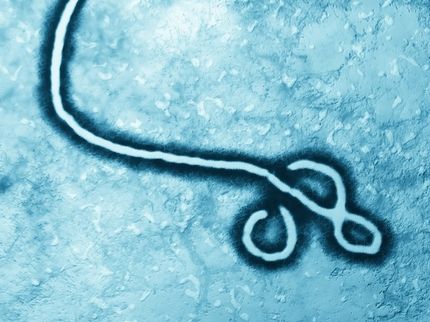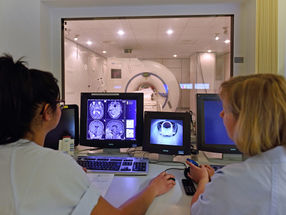Joint Crucell and Harvard Medical School Study Demonstrates the Potential of New Vaccine Delivery System
Advertisement
Dutch biotechnology company, Crucell N.V. and Harvard Medical School presented results of a joint study of a novel HIV vaccine vector at the AIDS vaccines 2003 Conference. The study is part of a close collaboration between Crucell and Harvard Medical School to develop second-generation vaccines based on AdVac(tm), Crucell's unique adenovirus-based vector / cell production technology.
During Saturday's session, Dr. Dan Barouch of Harvard Medical School presented results on the potency of adenovirus serotype 35 when combined with Simian Immunodeficiency Virus-derived antigen (SIV), a virus found in animals such as monkeys that causes symptoms closely related to AIDS. The results showed that recombinant adenovirus 35 (rAd35) is extremely effective in boosting immune responses after initial exposure to DNA or rAd5, the most commonly used adenovirus vector. The immune-boosting capacity was shown to be particularly striking in hosts with a high pre-existing immunity against the rAd5 vector. Pre-existing immunity is a characteristic that is known to lower immune responses and complicate vaccine re-administration.
"Our studies compared the abilities of rAd35 and rAd5 to generate immune responses in a small animal studies. Such comparative immunogenicity studies are essential in the development of a new candidate HIV vaccine," said Dr. Dan Barouch.
Dr. Jaap Goudsmit, CSO of Crucell, commented, "These data are a strong indication that rare adenovirus serotypes such as adenovirus 35 can be widely applied as vaccine and gene therapy vectors and may contribute significantly to fight diseases such as AIDS and malaria."
AdVac(tm) was developed by Crucell and is considered to play an important role in the fight against emerging and re-emerging infections, and in biodefense, against viruses such as Ebola, Marburg and Lassa. AdVac(tm) is based on Crucell's PER.C6(tm) production technology. AdVac(tm) is specifically designed to deal with the problem of pre-existing immunity in humans against the rAd5 vaccine vector, without compromising large-scale production capabilities or the immunogenic properties of rAd5 .
Other news from the department science
Most read news
More news from our other portals
See the theme worlds for related content
Topic world Gene therapy
Genetic diseases once considered untreatable are now at the center of innovative therapeutic approaches. Research and development of gene therapies in biotech and pharma aim to directly correct or replace defective or missing genes to combat disease at the molecular level. This revolutionary approach promises not only to treat symptoms, but to eliminate the cause of the disease itself.

Topic world Gene therapy
Genetic diseases once considered untreatable are now at the center of innovative therapeutic approaches. Research and development of gene therapies in biotech and pharma aim to directly correct or replace defective or missing genes to combat disease at the molecular level. This revolutionary approach promises not only to treat symptoms, but to eliminate the cause of the disease itself.


























































